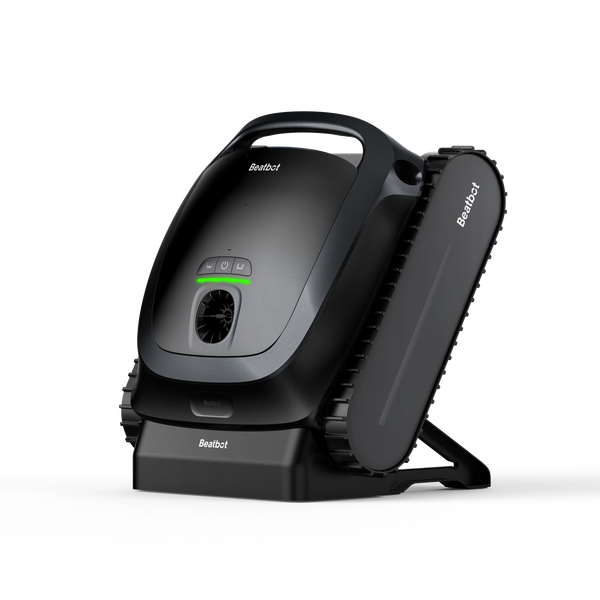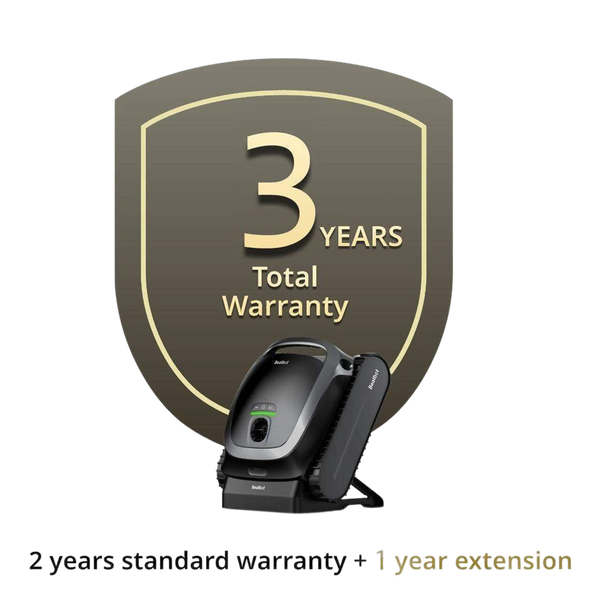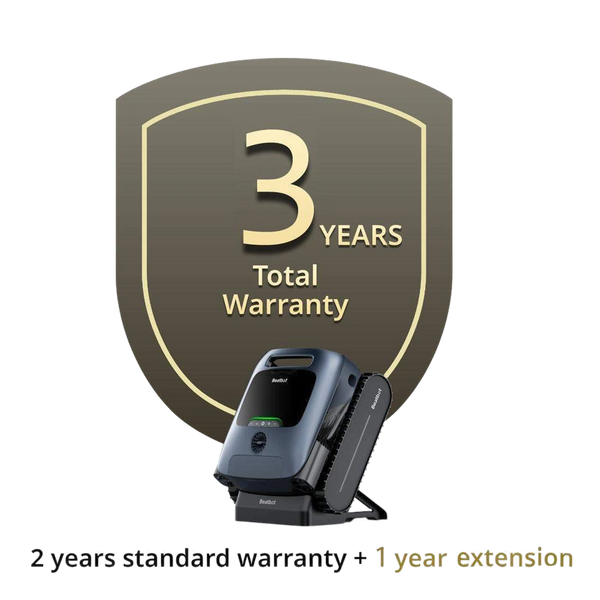The Ease of Saltwater Pool Maintenance Over Traditional Chlorine Systems
Pool maintenance is a daunting task for all pool owners. We all know that owning a traditional pool requires frequent chemical purchases, regular chemical level checks, and maintenance. The slightest oversight can turn your pool into an algae-infested, smelly ditch. However, the emergence of saltwater pools has become a simpler and more economical alternative to traditional chlorine pools. Let's explore how this cutting-edge technology simplifies your pool maintenance tasks!

How Saltwater Pools Work
Counterintuitively, both saltwater and traditional chlorine pools rely on chlorine (specifically free chlorine) for water sanitation. The difference is that traditional chlorine pools require you to periodically add chlorine tablets to maintain chlorine levels, while saltwater pools use a built-in saltwater chlorinator system. When saltwater passes through the chlorinator cell, an electric charge electrolyzes the salt (NaCl), converting it into hypochlorous acid with free chlorine. As the pool pump operates, the saltwater circulates throughout the pool, continuously passing through the chlorinator cell, ensuring a constant supply of chlorine. In a way, saltwater pools are still chlorine pools.
Why Saltwater Pools Simplify Your Pool Maintenance
Reduced Maintenance Frequency and Effort: In traditional chlorine pool maintenance, due to the manual addition of chlorine tablets, the chlorine levels in the pool fluctuate, requiring pool owners to check the chemical composition and adjust it every few weeks. In saltwater pools, since chlorine generation is fully automated, pool owners only need to check the chemical levels every 3-4 weeks, significantly reducing the time spent on pool care.
Fewer Chloramines: In traditional chlorine pools, unstable chlorine levels lead to the formation of chloramines, causing the pool to emit a strong chlorine odor. In saltwater pools, the chlorinator often ensures relatively stable water quality, and since chlorine production is very stable, algae and bacterial contamination can be eliminated at the outset, reducing the production of chloramines and the time spent dealing with pool odors.
Greater Durability: Compared to traditional chlorine pools, salt chlorinators require less maintenance. With more stable chemical balance in the water, cleaning of salt pools only needs to be done every 3-4 months, while traditional chlorine pools require monthly cleaning. High-quality saltwater chlorination systems have a lifespan of 5 to 7 years.
Save on Long-Term Costs: Traditional chlorine pools require the purchase of a large amount of chemicals, test kits, and stabilizers every week, costing $600 to $800 per year. Saltwater pools consume less electricity and require fewer chemicals, and you don't need to frequently test chemical levels. Therefore, from an annual operating cost perspective, saltwater pools can save a significant amount of money on pool maintenance.
Every Coin Has Two Sides: Consider the Downsides Before Investing in a Salt Pool
Although saltwater pools, as an emerging type of pool, have advantages over traditional pools in terms of maintenance, before you are ready to invest in a saltwater pool, you need to seriously consider the following points, which may cause some trouble in maintaining your salt pool.
Higher Initial Investment Cost: Although saltwater pools can save you money on chemicals in the long run, investing in a saltwater chlorinator requires a significant upfront investment. The starting price for a salt chlorinator is $400, with installation costs of $2,000, and the cost of salt cells is also between $300-$800.
Temperature Limitations for Electrolysis: The chlorine used for sanitation in saltwater pools is produced by the electrolysis of salt in the chlorinator. This electrolysis reaction requires a certain temperature to occur. Below 60 degrees Fahrenheit, the efficiency of the saltwater chlorinator will be greatly reduced and may eventually stop working. Therefore, in the colder winter months, you may have to turn on expensive heating equipment to ensure the production of chlorine in the pool, or simply add chlorine tablets manually.
Corrosive Effects of Saltwater: Although the salinity of saltwater pools is 2,700-3,400 ppm, only one-tenth of that of seawater, it can still have a certain corrosive effect on equipment and flooring. To prevent economic losses due to corrosion of metal equipment in the pool water, we recommend using saltwater pool-specific equipment and zinc anodes when constructing the pool. Saltwater can have a certain corrosive effect on plaster pools, but if maintained properly, the extent of this damage will be minimal, and fiberglass pools will not be affected at all.However, since most flooring is not resistant to saltwater, splashing pool water can have a destructive effect on decks.
Summary: Pros and Cons, Do You Really Need a Pool?
Before concluding this article, let's summarize the reasons why you might or might not want to invest in a saltwater pool to help you make a more rational decision.
Pros:
- Simple Maintenance: Saltwater pools have more stable chlorine levels, and you don't need to add chlorine tablets yourself, so you don't need to worry about chemical balance. The lifespan of salt cells is also 3-7 years.
- Safety and Better Swimming Experience: Stable chlorine and salinity levels make the water in saltwater pools softer and smoother, less irritating to the human body, and many families have praised its performance. Moreover, since you only need to add salt, you no longer need to deal with dangerous chlorine chemicals.
- Environmentally Friendly: Saltwater chlorination systems do not require handling and storage of toxic chlorine chemicals, avoiding chemical exposure and the potential for toxic substances, also reducing the carbon footprint from chemical packaging and transportation.
Cons:
- Equipment Incompatibility: The specificity of saltwater pools means they are not compatible with some of your existing pool equipment, and this incompatibility may prevent you from transforming your existing pool, or the corrosiveness of saltwater may damage your existing equipment.
- Expensive: Regardless of how much money saltwater pools can save in the long run, no one can deny the high initial investment required for saltwater pools.
- Incomplete Replacement of Chlorine Tablet Addition: Saltwater generators cannot completely replace the addition of chlorine, especially if your pool is in a colder climate, where they are less efficient in winter.
Relative Blogs
About the author



















